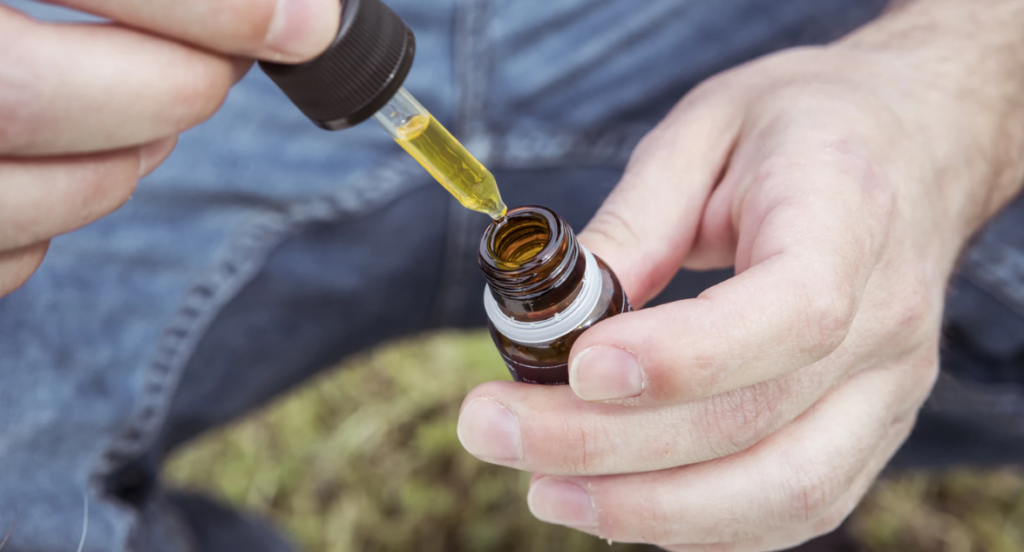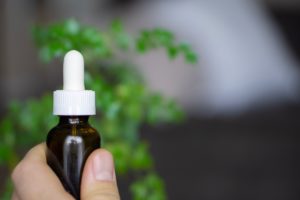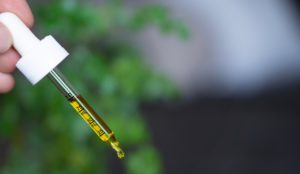Will CBD Oil Show Up On My Drug Test?

What You Need To Know About CBD And Drug Testing
Drug tests are performed for many reasons, including work, sport and other various purposes. If you take CBD or plan on taking CBD, it’s important to know how the substance can impact your test results.
You probably already know that CBD, short for cannabidiol, isn’t the psychoactive ingredient in marijuana—that would be THC, or Tetrahydrocannabinol. Typically speaking, most drug tests look for THC, so simply using CBD oil shouldn’t compromise your test results, right? There’s a bit more to this than you think.
What is CBD oil?

CBD oil has become very popular among marijuana lovers and health enthusiasts alike. Known for its various health benefits, CBD in its solo form is typically extracted from the marijuana plant and diluted with coconut or hemp seed oil. A few different versions of CBD oil are available on the market. Depending on what version you have, you can inhale it, ingest it, or apply it topically,
Users believe CBD oil can relieve pain and ease anxiety, and scientists are researching confirm many other rumoured benefits.
How do drug tests work?
There are a few different types of drug tests performed today. You probably associate the words “drug test” with an embarrassing cup of urine—of the more common tests. Your body passes waste through your urine, so testing easily determines what chemicals are or have been in your body for an extended period of time.
Saliva tests have become more common, as they work similarly to urine tests but add a layer of security for testers since you obviously must be present for your own swabbing. A blood test, meanwhile, typically looks for harder drugs, but can sometimes be facilitated to find THC.
Though rare, hair follicle tests also exist. They can detect the presence of drugs from over a long period of time, and are typically performed for more extreme scenarios.
Can CBD Oil Affect My Drug Test?

Yes and no. It really depends on your CBD product, the type of test performed and what the tester is looking for.
Here’s one reason CBD might come up on a drug test: some CBD oil is diluted in hemp oil, and hemp contains small traces of THC. In fact, full-spectrum CBD products with hemp oil are legally allowed to contain up to 0.3% THC. This is a small fraction, but it has the potential to pop up on test results—especially if the product is used frequently.
Another thing to watch out for is that some products might be falsely advertised, meaning you might end up with more THC than you intended.
So How Can You Be Sure Your Results Won’t Be Sabotaged?
First, make sure you do your research on the CBD product you’re using. Does the product’s packaging clearly label what is in it? Does the company offer recent lab reports on their product? Is the distributor well known or are they brand new? Are they responsive to emails, chats, calls, etc.? Ask yourself these questions and more to determine the legitimacy and trustworthiness of the product.
Second, know what you’re being tested for. Some drug tests have a laundry list of substances they’re looking for, while others are only checking for hard drug use—in which case THC and CBD could both potentially pass the test.
Lastly, just be upfront about your CBD use if the situation calls for it. If you know your boss or your coach will understand that your CBD use is beneficial to your wellbeing, it might be better to be honest with them or even get a doctor’s note to justify the use. Sometimes, a bit of communication is worth the effort.
It’s great that CBD oil has won the hearts of so many people. Just be careful – you wouldn’t want to sabotage your hustle.
And after all that, the bottom line is, abstinence is the best policy if you don’t want your drug test to come up positive. Stay safe, folks!
Blunt
As we continue to see the cannabis industry unfold and take flight before us, we strive to become the leading global provider of real-time, high-impact multimedia news, information, and entertainment. With our vast network of millions of users, including major influencers in the cannabis industry, we continue to deliver relevant, quality content to help educate and inform.
